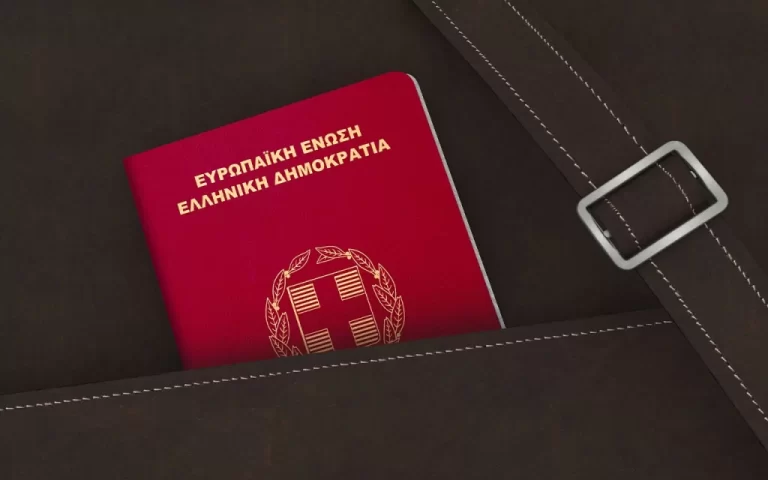Polygraphs, often referred to as lie detectors, have long been shrouded in both intrigue and controversy. In Madrid, as in many other cities around the world, these devices are employed in various settings, from criminal investigations to employment screenings. But what is the truth behind their effectiveness, and how much of what we hear is fiction?
The Science Behind Polygraphs
A poligrafo madrid measures physiological responses believed to be associated with deception. The device records data on several indicators, including heart rate, blood pressure, respiratory rate, and galvanic skin response. The theory is that when a person lies, their body experiences stress, which manifests as changes in these physiological metrics.
However, the accuracy of polygraphs is debated. The American Psychological Association and other experts argue that polygraphs are not foolproof. While the device can measure physiological changes, these changes can also result from factors unrelated to deception, such as nervousness, fear, or even medical conditions. Consequently, the results are often considered inconclusive and should not be used as the sole basis for critical decisions.
Applications in Madrid
The poligrafomadrid are used in various contexts. In the legal system, they may be employed to gauge the truthfulness of suspects or witnesses. Private companies might use them as part of background checks or pre-employment screenings, although this practice is less common due to ethical and legal concerns.
Law enforcement and security agencies in Madrid may also use polygraphs for investigative purposes. While some believe that polygraphs can help in assessing truthfulness, the results are typically used in conjunction with other evidence rather than as definitive proof of guilt or innocence.

Fiction and Misconceptions
One major misconception about polygraphs is that they are infallible. Media portrayals often depict polygraphs as an ultimate tool for detecting lies, but this is far from the reality. The reliability of polygraphs can be influenced by a range of factors, including the skill of the examiner and the individual’s ability to control their physiological responses.
Another myth is that polygraphs can definitively determine if someone is lying. Polygraph results are often described as “indicative” rather than conclusive. False positives and false negatives are possible, which means that innocent people might be wrongly accused of deception, while deceptive individuals might escape detection.
Legal and Ethical Considerations
In Madrid, as in many jurisdictions, the use of polygraphs is subject to legal and ethical scrutiny. For instance, their use in employment settings is regulated to prevent discrimination and ensure that individuals are not unfairly judged based on polygraph results.


















